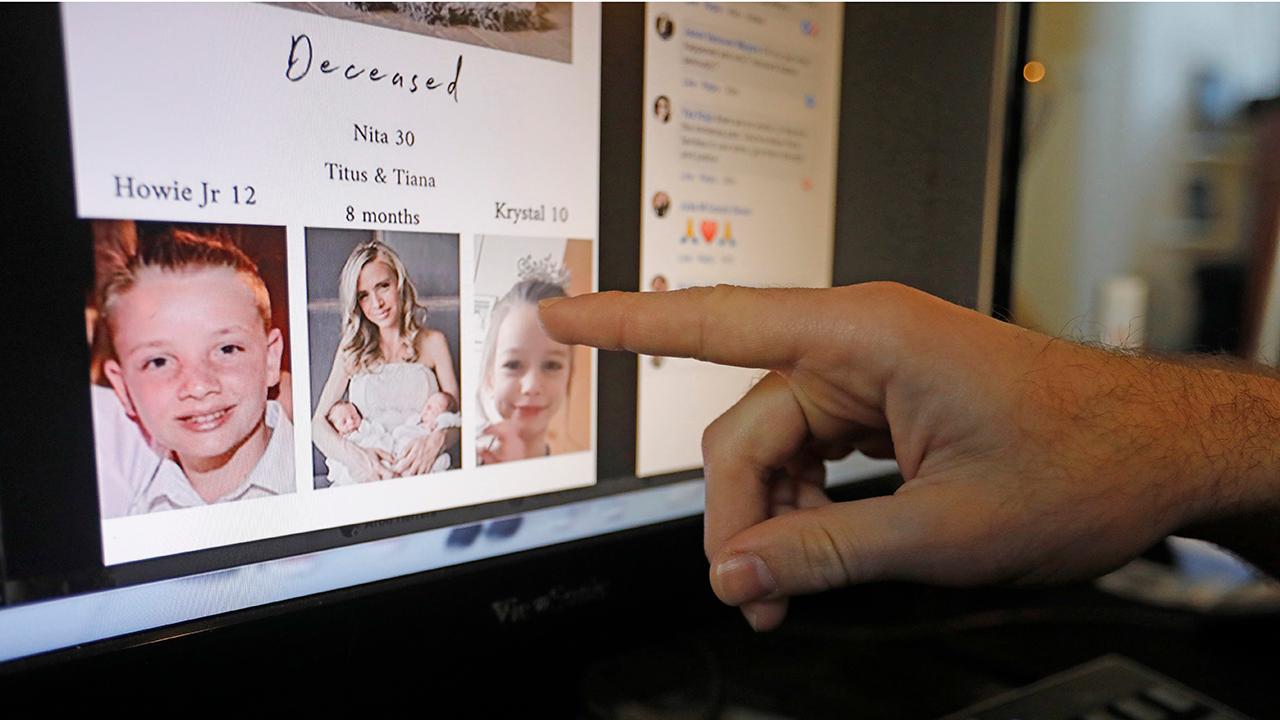Wisconsin governor rejects 'Making a Murderer' pardon bid
MADISON, Wis. (AP) — Wisconsin Gov. Tony Evers said Friday he will not consider a pardon request from a man convicted of rape and murder when he was a teenager whose story was documented in the 2015 Netflix series “Making a Murderer.”
The request from Brendan Dassey filed in October does not meet the criteria for a pardon consideration because he has not completed his prison sentence and he is a required to register as a sex offender, the letter from Evers' pardons board released by the governor's office said.
Advocates have been clamoring for Dassey to be freed but ran out of options in the courts after the U.S. Supreme Court refused to hear his latest appeal.
GEORGIA JURY AWARDS $8.6M IN 'WALKING DEAD' STUNTMAN'S DEATH
Evers has also made it a policy not to consider requests to commute prison sentences. His letter to Dassey pointed out that position as well. No Wisconsin governor since Tommy Thompson, who left office in 2001, has issued a prison commutation.
Dassey, now 30, was 16 years old when he confessed to Wisconsin authorities that he had joined his uncle, Steve Avery, in the 2005 rape and murder of photographer Teresa Halbach, before burning her body in a bonfire.
Dassey submitted a handwritten note to Evers asking for the pardon.
“I am writing to ask for a pardon because I am innocent and want to go home,” Dassey wrote. Dassey listed things he enjoys including Pokemon and hamburgers and drew a pair of hearts with the word “hugs” in one and “love” in the other.
Dassey’s attorney Laura Nirider did not immediately return messages seeking comment.
LOST JEFFREY EPSTEIN SUICIDE ATTEMPT VIDEO IS FOUND: PROSECUTORS
The pardon request argued that Dassey was the victim of a “uniquely and profoundly flawed legal process.” It says seeking clemency from the governor is “one of the last remaining legal options” available.
Dassey's attorneys say he's intellectually impaired and that he was manipulated by experienced police officers into accepting their story of how Halbach's murder happened. They wanted his confession thrown out and a new trial.
Avery and Dassey are serving life sentences. The U.S. Supreme Court last year, without comment, said they would not consider Dassey’s appeal of his conviction. He could request another trial if a judge agrees he has new evidence that warrants it.
At Dassey's trial, video of his confession to investigators played a central role. Authorities had no physical evidence tying Dassey to the crimes, and he testified that his confession was "made up," but a jury convicted him anyway. He will be eligible for parole in 2048.
ED BUCK DEFENDED BY O.J. SIMPSON PROSECUTOR IN DRUG DEATHS
Wisconsin prosecutors have long held that Dassey’s confession was voluntary. Prosecutors noted that Dassey's mother gave investigators permission to speak with him, that Dassey agreed as well and that during the interview investigators used only standard techniques such as adopting a sympathetic tone and encouraging honesty.
Avery spent 18 years in prison for a different rape before DNA testing exonerated him. After his release, he filed a multimillion-dollar lawsuit over his conviction, but he was arrested in 2005 and later convicted of Halbach's murder as that lawsuit was still pending. Avery maintains he was framed.
Evers revived the pardons board and began granting requests this year after his predecessor, Republican Scott Walker, issued no pardons over eight years.




















